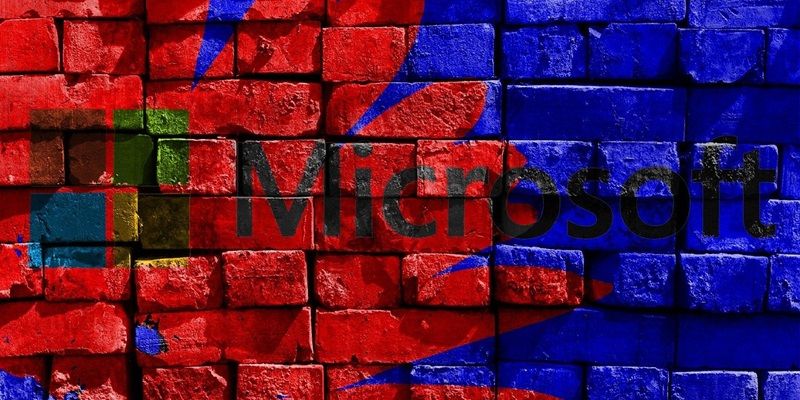In today’s rapidly evolving technological landscape, developing and managing applications goes beyond mere coding. It requires a comprehensive understanding of platform and infrastructure engineering, extending the scope of DevOps. In response to this need, Radius emerges as a game-changing solution that brings together distributed application frameworks, infrastructure-as-code tools, and seamless connections to cloud services.
Overview of Radius
Radius is an innovative platform that combines the power of existing distributed application frameworks with familiar infrastructure-as-code tools. It streamlines the management of cloud-native applications, offering automated connections to various cloud services. By integrating these essential components, Radius empowers developers to efficiently create and maintain scalable and robust applications.
Simplifying Development
In the face of complex technologies like Kubernetes and the numerous configuration options available, developers often struggle to grasp the intricacies involved. Recognizing this challenge, Radius places emphasis on enabling developers to follow best practices in terms of cost optimization, secure operations, and general application security. By abstracting away some of the complexities, Radius allows developers to focus on their core tasks, resulting in accelerated development cycles.
Introducing Radius as a Platform Operations Tool
Radius represents a new generation of platform operations tools designed to manage the lifecycle of cloud-native applications. Running as a Kubernetes application, Radius leverages the power of Kubernetes clusters, ensuring seamless integration within existing infrastructure. This approach not only enhances the scalability and flexibility of applications but also provides a standardized and reliable environment for development and deployment processes.
Utilizing Recipes for Smooth Configuration
One of Radius’ standout features is its use of recipes, which automate and streamline the configuration process. Recipes are designed to automatically add appropriate environment variables to application containers, simplifying resource consumption without requiring additional configuration steps. This ensures seamless integration of various services, such as database connection strings, reducing the time and effort required to set up the required infrastructure.
Basic Recipes Out-of-the-Box
Radius comes equipped with a comprehensive set of basic recipes for common services, further minimizing the hassle and complexity of configuration. These pre-configured recipes enable developers to get started quickly, reducing the learning curve associated with integrating different services. With these out-of-the-box recipes, developers can focus on building innovative features and functionalities rather than spending excessive time on setting up essential components.
Expanding Possibilities with Radius
In addition to its support for core services, Radius offers versatility by enabling developers to build robust applications using the popular Dapr framework. By leveraging Radius to create the necessary scaffolding for Dapr applications, developers can expedite the process and save valuable time. This integration allows for greater flexibility and interoperability when building cloud-native solutions.
Addressing the Challenge of Visibility
One of the inherent challenges of managing cloud-native applications is the lack of visibility into the numerous resources and dependencies that constitute these complex systems. Radius aims to tackle this issue head-on by providing comprehensive insights and visibility into application resources. By offering a holistic view of the entire application landscape, developers and operators can better understand and monitor the performance, dependencies, and potential bottlenecks of their applications.
Advancing Cloud-Native Development
Cloud-native development needs to transition from a world of hand-crafted code to one where trusted and reliable engineering principles guide the entire development lifecycle. Radius embodies this paradigm shift by not only simplifying deployment and management but also advocating for best practices. By encouraging the adoption of engineering principles, Radius fosters the creation of resilient, scalable, and easily maintainable applications.
Radius represents a pivotal development in the cloud-native application management landscape. By seamlessly integrating distributed application frameworks, infrastructure-as-code tools, and cloud services, Radius democratizes the development process and empowers developers to focus on building amazing applications rather than getting lost in the complexities of configuration. Furthermore, Radius addresses critical challenges such as visibility and standardization, propelling cloud-native development towards a future where trusted engineering principles ensure the success of modern applications. As we move forward, Radius will continue to revolutionize cloud-native development, making it more accessible, efficient, and reliable than ever before.

